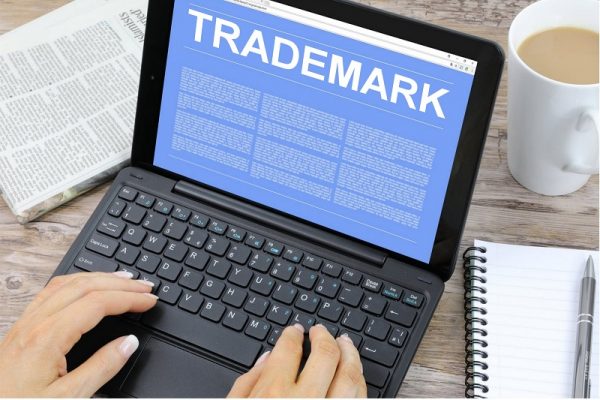Can You Trademark Someone Else’s Work?

Infringement of your registered trademark occurs when someone uses your brand without your authorization or consent, according to Section 29 of the Act. However, to be prosecuted for trademark infringement, your trademark must be registered. When somebody uses a trademark that is deceptively identical to your brand, he or she is liable under the Act for trademark infringement.
WHAT IS TRADEMARK INFRINGEMENT IN INDIA?
- Registered Trademark
- Import and export of items bearing the trademark
- Consumers’ befuddlement
- Identity and Similarity
- Apply to packaging or labelling
- Commercial Use
- Inequitable benefits
WHAT HAPPENS IF SOMEONE ELSE IS USING YOUR TRADEMARK?
Section 135 of the Act grants remedy in a trademark infringement civil complaint. The court has the authority to issue a permanent injunction prohibiting or restricting the individual from using the registered brand. The court may also impose restitution for losses incurred as a result of unauthorized trademark use. The court has the authority to give a remedy of an account of profits, which entails paying the number of earnings earned from the unauthorized use of trademarks.
The court may order the infringer to take steps to repair the reputation of the company/business that has suffered as a result of his actions. This can be accomplished by an apology in commercials or by making a statement that restores public trust in the corporation or business whose trademark was violated.
When a criminal complaint about infringement is filed under Section 103 of the Act, the court has the authority to penalize the person who is using another person’s trademark. The punishment may include six months in prison, which may be extended to three years, and a fine of Rs.50,000, which can be increased to Rs.2 lakh.
In the event of trademark infringement, the court has the authority to appoint a local commissioner to seal infringing content and accounts. The court may order such local bodies to destroy infringing content. The court may also order the infringement to produce all goods or items labelled with the infringing trademark before a court of law.
WHAT IS NOT A TRADEMARK INFRINGEMENT?
Even if the other person uses your brand, Section 30 of the Act stipulates the conditions that do not constitute trademark infringement. When someone uses a brand by fair trade practices in industrial or commercial issues, this does not constitute trademark infringement. However, the trademark used honestly should not take undue advantage of or undermine the reputation or distinctive character of your registered brand.
The trademark is not violated when the trademark is used to represent the kind, amount, quality, or other attributes of the goods/services. Brand infringement does not arise when your registered trademark is used for items or services that are not in the same class or service as your registered trademark.
CAN YOU TRADEMARK SOMETHING THAT ALREADY EXISTS?
You need to do a trademark search and then come to a conclusion.
- Log in to the official trademark registration website in India at https://ipindiaonline.gov.in.
- Click the trademarks tab, then the public search button.
- Wordmark, Vienna code and Phonetic are the three search criteria provided.
- The keyword fields have to be changed depending on whatever criterion is selected.
- After you’ve input all of the information, you’ll need to click the search button.
- The resulting panel will provide a list of trademarks that have been registered, objected to, or abandoned, which will be used to decide on the trademark.
CASES OF TRADEMARK INFRINGEMENT
Yahoo!, Inc. v. Akash Arora & Anr – The first major cybersquatting decision. For the first time in India, the Delhi High Court ruled that a domain name serves the same purpose as a trademark and is entitled to equal protection. The defendant owned a domain name called ‘Yahoo India!’ that was both identical and phonetically similar to the plaintiff’s trademark ‘Yahoo!’ The court determined that internet users would be confused and misled into assuming that both domain names originated from the same source. As a defense, the defendant argued that it had put a disclaimer on its website. However, it was discovered that a simple disclaimer was insufficient since the structure of the internet is such that usage of a similar domain name cannot be remedied by a disclaimer, regardless of whether ‘yahoo’ is a dictionary term. The name has developed distinction and uniqueness, and it has been heavily connected with the plaintiff.
Cadila Pharmaceutical Ltd. v. Cadila Health Care- The Supreme Court ruled that it makes no difference whether the plaintiff and defendant work in the same sector or sell the same or comparable items. The court established the following standards for determining passing off of an unregistered trademark:
- The nature of the marks
- Degree towards which it resembles;
- The nature of the goods for which the marks are used;
- Similarities in the nature, character, and performance of rival traders’ goods;
- The class of purchasers likely to buy goods bearing the marks;
- How the thing/product can be brought.
- Other circumstances that may be relevant.








